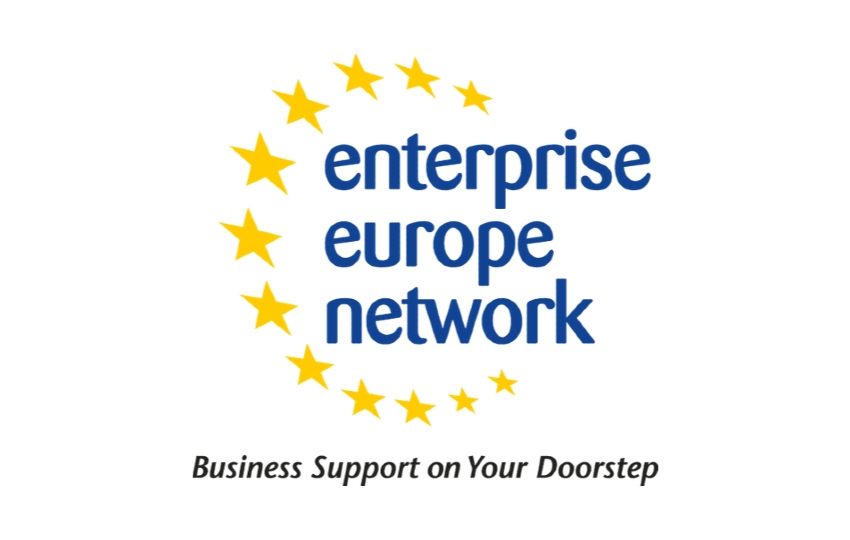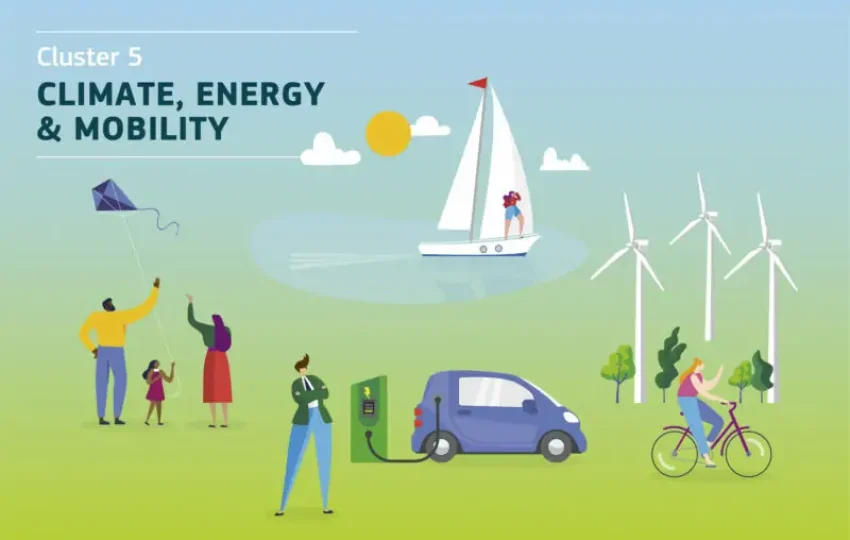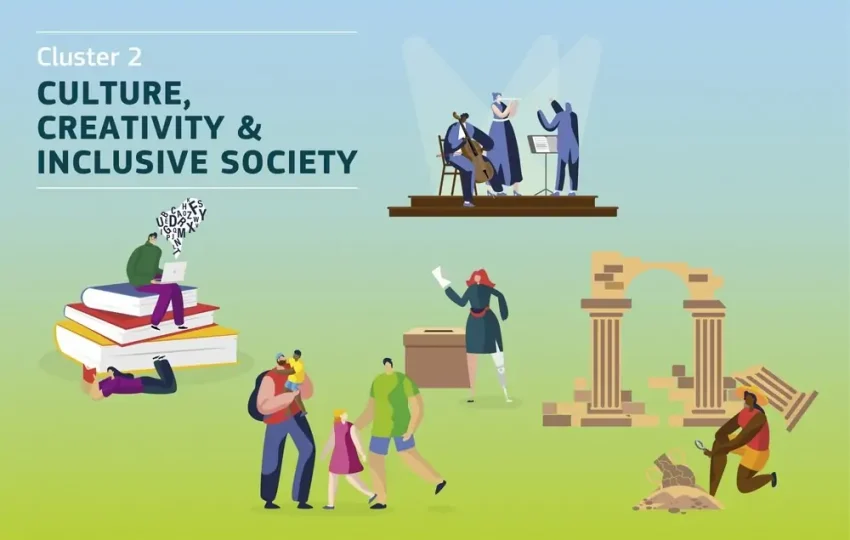The EEN programmes are the largest support network for SMEs in the world.
1. What is the Enterprise Europe Network (EEN)?
Established in 2008, the EEN programmes are the largest support network for SMEs in the world.
The network’s main objective is to help small and medium-sized enterprises innovate and grow on an international scale.
It was created as an initiative of the European Commission and is currently part of the Competitiveness of Enterprises and Small and Medium-sized Enterprises (COSME) programme. It offers specialised professional assistance to small and medium-sized enterprises and research groups among its competencies.
The EEN is active in more than 60 countries worldwide, bringing together 3,000 experts from more than 600 member organisations, all of which are recognised for their work in business support.
2. Proposal development for EEN
Those member organisations of the Network, grouped in regional consortia, are selected through calls for proposals where you can find all the requirements.
2.1. Funding
The Commission earmarks for each application period a funding rate up to 60% of the eligible costs for those implementation proposals that best meet the requirements of the call.
Thus, for the new implementation period, from 1 January 2022 to 30 June 2025, a total budget of €164.5 million has been earmarked, of which €16.760.626 have been earmarked for proposals developed in Spain.
2.2. Contributions
Together with other regional partners for a specific EEN consortium, the aim is to develop a proposal that meets the requirement to assist SMEs in their international growth and innovation ambitions.
Not only that, but the Network should contribute:
- To improve the competitiveness of SMEs in Europe
- To promote economic, environmental and social sustainability
- To support digitalisation and help build resilience in times of crisis.
2.3. About EEN programmes
In these regional consortia, it is possible to collaborate with nodes from other countries in projects to support SMEs’ internationalisation, innovation, and digitalisation.
These are programmes with a budget of around €1.5 million, developed over three years, with promotional activities at national and international level and in collaboration with regional and international partners.
2.4. Programme submission
In order to form consortia, Eligible organisations must specify in their proposal how they will develop the activities set out in the requirements of the call.
These activities fall under the requirement to provide value-added services to clients, including capacity building and quality management of the services offered.
Other requirements for submitting an eligible proposal relate to the financial and operational capacity of the consortia.
Thus, members must have sufficient financial capacity with stable and sufficient resources to successfully implement the projects and contribute their share.
In addition, participants must have the necessary expertise, qualifications and resources to implement the projects and fill the required positions within the Network.
2.5. EEN programme evaluation
This is done through a point-based evaluation system, as with the CHAFEA promotion programmes, the Commission selects those proposals approved for implementation and funding. This evaluation system will be based on:
- The coherence of the activities presented with the objective of the programme.
- The design of the proposal
- The ambition and expected long-term impact.
Once the programme has been approved, and the Grant Agreement has been signed with the European Commission, beneficiaries may receive pre-financing. Around 25% of the maximum grant amount.


